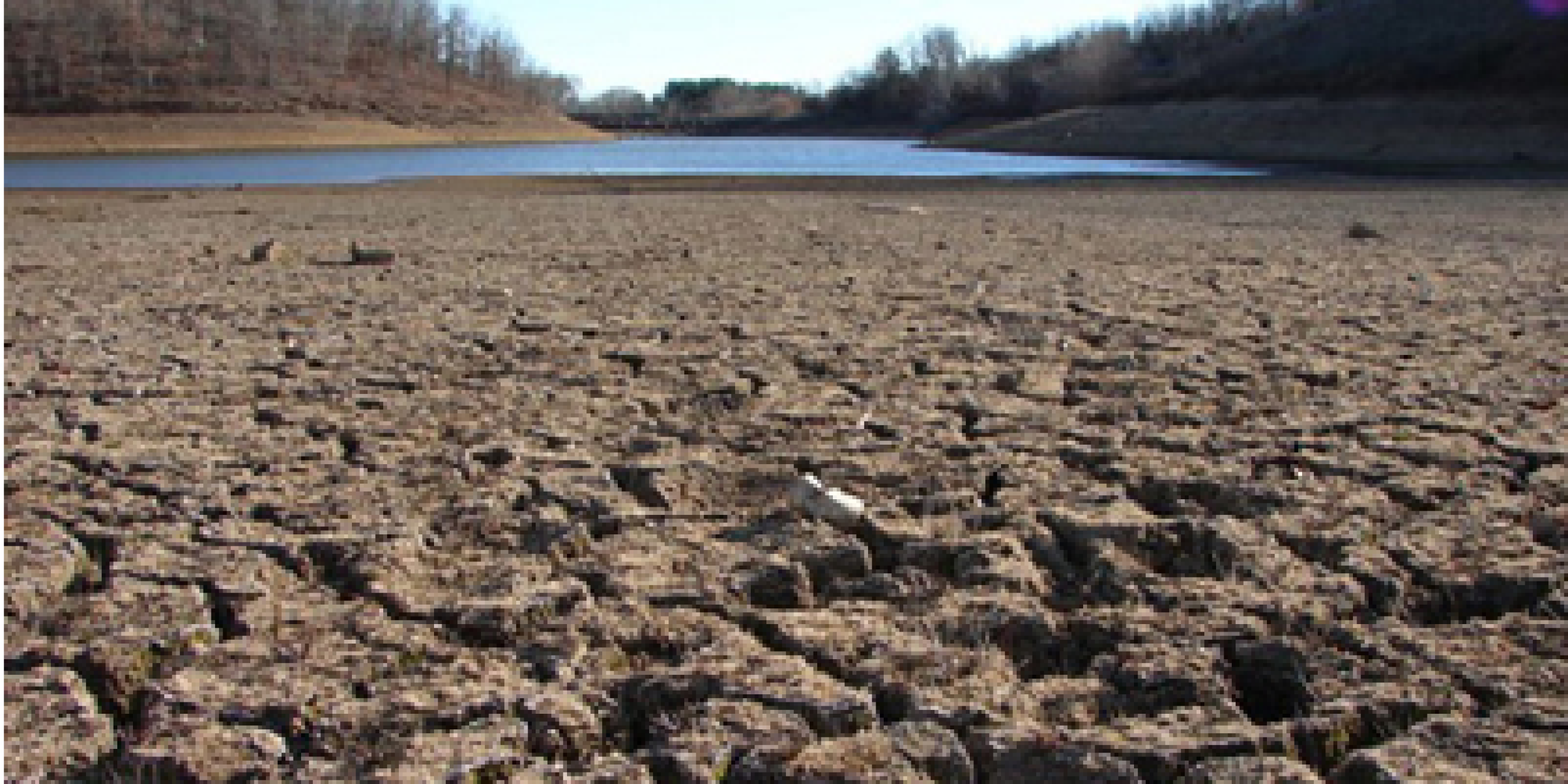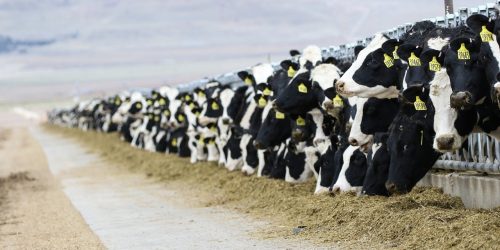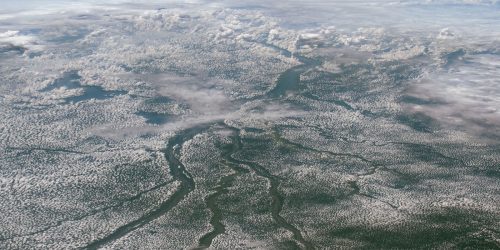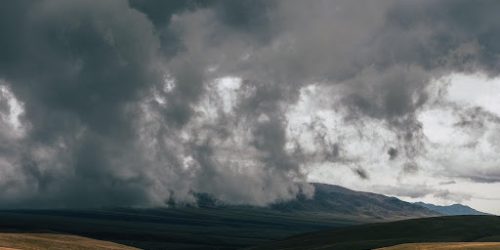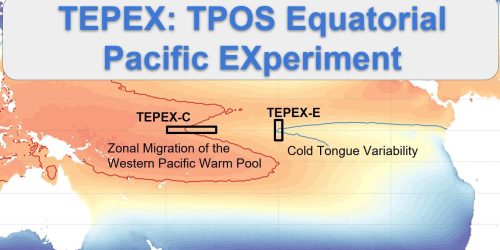

The Regional Integrated Sciences and Assessments (RISA) funds will go toward projects such as helping New Mexico departments of health and environment to research whether dust levels in a changing climate will affect valley fever, a regional infectious pulmonary disease. The grants will also help drought agencies in both states incorporate climate information into their planning and implementation.
“The southwest United States has the fastest growing population in the nation, yet cities and tribal lands in Arizona and New Mexico are severely affected by drought. These projects will help people understand and make decisions to minimize the risks associated with changing water resources and other challenges posed by a changing climate,” said Richard D. Rosen, acting director of NOAA’s Climate Program Office. “NOAA’s smaller awards focused on partnerships between RISA teams and other research and decision making institutions are a valuable mechanism for regional coordination.”
RISA, a program of the Climate Program Office within NOAA’s Office of Oceanic and Atmospheric Research, enables local-level interdisciplinary research needed to tackle big challenges such as impacts to water, food, infrastructure, and ecosystems. The program strengthens NOAA’s climate efforts by bringing academic and federal science and service communities together.
More in the OAR news press release…


